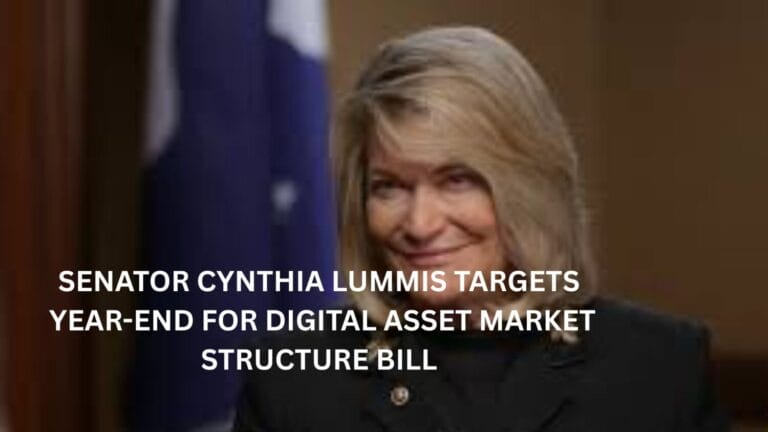Key takeaways:
- VanEck Associates has agreed to pay $1.75 million to resolve allegations from U.S SEC
- VanEck failed to disclose a social media influencer’s role in the launch of its new exchange-traded fund
The Securities and Exchange Commission (SEC) announced that VanEck Associates Corp., a registered investment adviser, has agreed to pay a $1.75 million civil penalty to settle charges related to its failure to disclose a social media influencer’s involvement in the launch of its new exchange-traded fund (ETF).
The ETF in question, the Social Sentiment ETF (BUZZ), was launched in 2021 and gained attention for its aim to track stocks popular on social media platforms.
However, VanEck Associates allegedly failed to disclose the influencer’s role and the fee structure during the ETF’s approval process, limiting the board’s ability to assess the economic impact of the arrangement.
VanEck Associates neither admitted nor denied the SEC’s findings but consented to a cease-and-desist order, a censure, and the $1.75 million civil penalty. The SEC’s order highlights the importance of accurate disclosures, especially concerning issues that can impact advisory contracts.
While the BUZZ ETF is not solely focused on cryptocurrency stocks, it does include exposure to the crypto market. Notably, the fund holds shares of Coinbase, PayPal, MicroStrategy, Robinhood, and Block.
VanEck was among the firms granted approval for its spot bitcoin ETF in January, launching the fund alongside BlackRock and Ark 21Shares.
This development underscores the need for transparency and compliance within the cryptocurrency industry, as regulatory scrutiny continues to shape the landscape of digital asset investment.
VanEck allegedly used an undisclosed social media influencer to promote their fund without informing investors, according to the SEC. The influencer’s compensation was linked to the fund’s growth, with a sliding scale fee structure.
VanEck plans to reduce the sponsor fee for its VanEck Bitcoin Trust (HODL) from 0.25% to 0.20% starting February 21, aiming to attract more investors by offering a competitive fee structure.
This fee adjustment, defined in the original S-1 statement, is crucial as sponsor fees can impact fund performance. VanEck’s decision aligns with the ongoing “fee war” in the US cryptocurrency market, where asset managers are lowering fees to entice investors.










